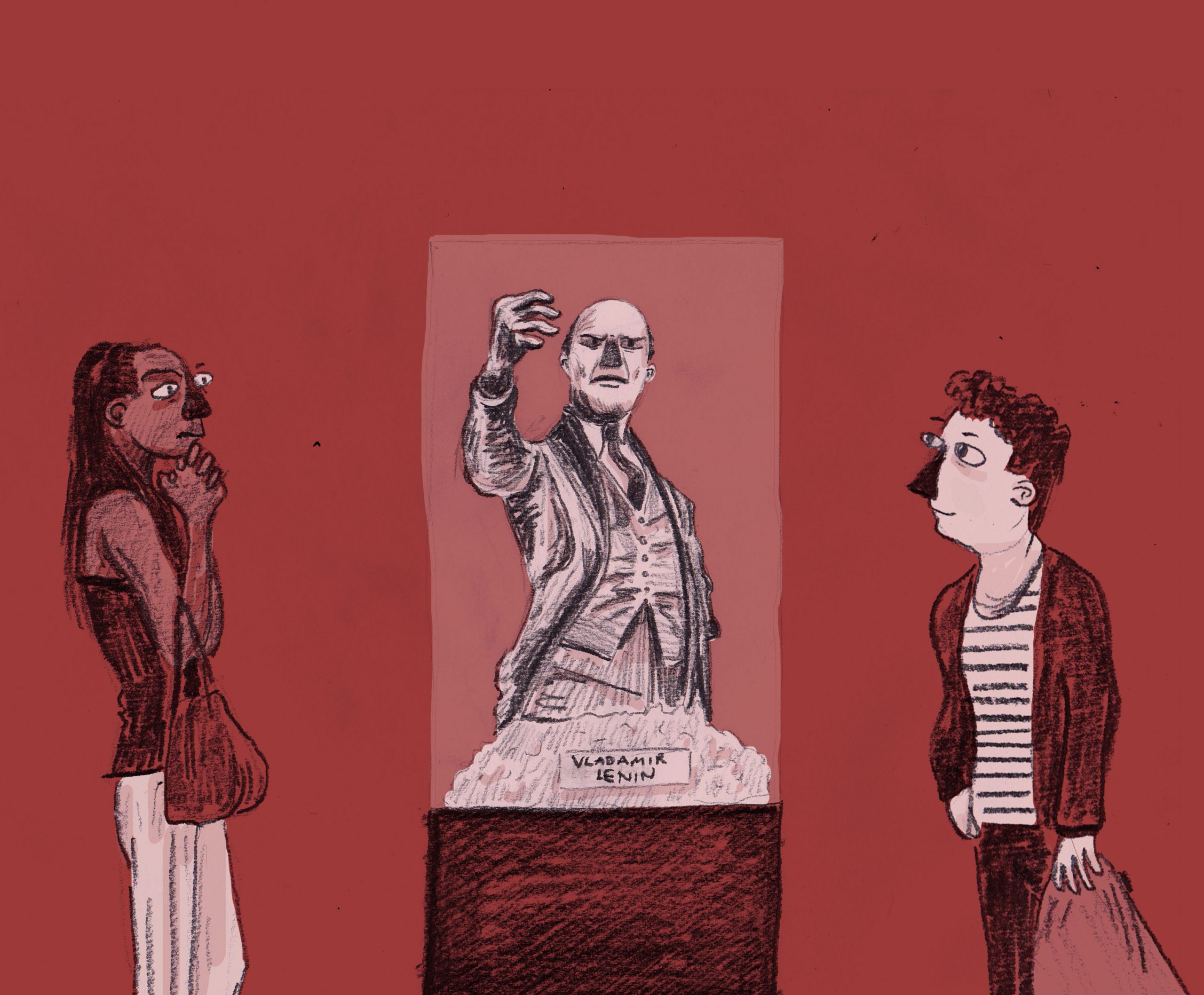The impact of the Bolshevik Revolution, which occurred 100 years ago this week, cannot be overstated. On an international scale, the ramifications of the Revolution were felt all over the world, from wars in Vietnam and Korea to American foreign policy. Now that we have reached the centenary of this historic event, questions are being raised as to how we should celebrate it, and whether ‘celebration’ itself is in fact the appropriate way to recognise the uprising.
There were in fact two separate revolutions that took place in 1917. The first toppled the monarchical Tsar, replacing him with a provisional democratic government, and the second installed Lenin’s Communist Party as the rulers of Russia. For many, the Tsar and his oligarchy did nothing for the Russian people. At the beginning of 1917, the vast majority of Russians were semi-illiterate serfs; under the communism of Lenin, Stalin and Khrushchev the USSR developed astonishingly quickly, both militarily and technologically. This is an aspect of the USSR’s history that Putin actively draws on today, focusing especially on the Soviet victory in World War Two and the accomplishment of the USSR’s space programme.
However, this account of Soviet history leaves out many of the horrors perpetrated by the communist regime. Among these are Stalin’s purges and Lenin’s forced labour camps. It is estimated that some 600,000 people were killed in just 2 years during Stalin’s Great Terror. Millions more died as a result of famines, pogroms, and proxy wars all caused by the USSR’s administration. Perhaps, then, on the centenary of the Revolution, we should be criticising its impact on Russia and the world, rather than glorifying its legacy.
The issue of how we commemorate is complicated, and bears relevance to many different historical events. For example, Remembrance Day is a time when we often ‘celebrate’, or pay tribute to the bravery of dead British soldiers. While the proceedings are appropriately sombre, it is arguable that they focus on glorifying the loss of life while disregarding the utter wastefulness of war. The Cenotaph in London reads “The Glorious Dead” – highlighting the ultimately problematic idea that to die in war is heroic as opposed to tragic. Questions can and should be raised as to whether memorial services actually do anything to stop future war and violence.
Conversely, if we aren’t celebrating these anniversaries, does that mean we’re condemning them? Commemorations such as Remembrance Sunday, while often problematic, have an important value. It would not only be disrespectful to ignore these anniversaries, but unwise and insensitive. History can serve to teach all of us lessons in how we should relate to one another safely, both on an international and individual basis.
The centenary of the Russian Revolution exemplifies this perfectly – simply condemning or celebrating the Revolution would be at the expense of truly understanding its historical nuances.
Perhaps rather than playing to this reductive binary, what we should seek is analysis. An in-depth look at what we can understand from these sorts of upheavals, in terms of how we should and shouldn’t act, would be pivotal to forging the path of future action. The power of hindsight lies in the way we use it.
Image: Michael Black

